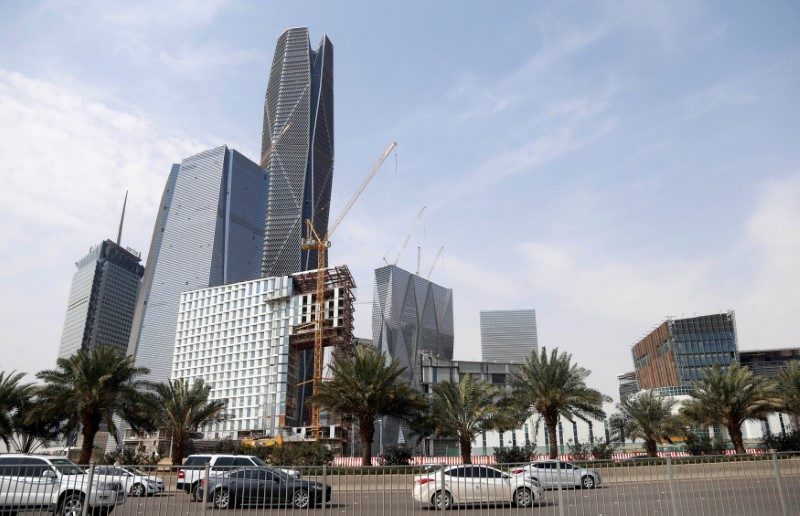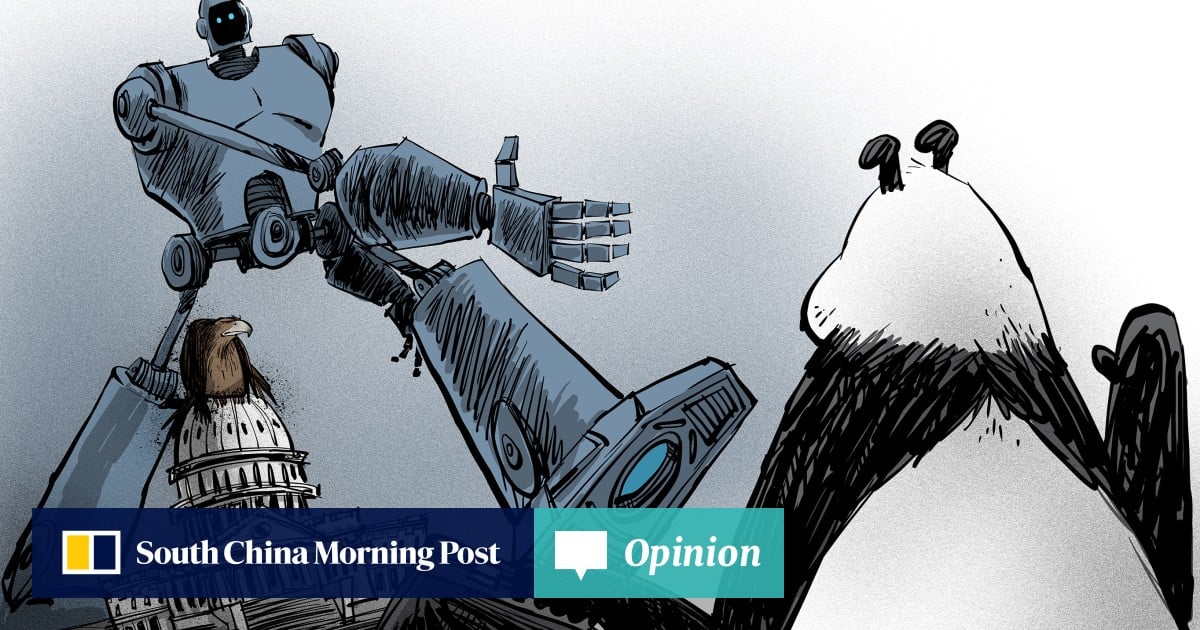TOKYO — Goldman Sachs will expand investments in alternative assets like office buildings and data centers in Japan, consolidating various investment operations into a new merchant banking division capable of tackling a wide range of deals.
As part of a global reorganization drive in its investment operations, the group is merging Goldman Sachs Japan’s principal investment division with Goldman Sachs Asset Management’s property division and other operations.
“Japan is a major economy and will serve as a key hub within Asia,” said Goldman Sachs Japan Managing Director Takashi Murata, who heads merchant banking in Asia.
Goldman is particularly focused on real estate, with plans to roughly double annual property investments to about 250 billion yen ($2.29 billion) from the typical 100 billion yen to 150 billion yen. In addition to principal investments, the company appears to be planning a large-scale fund with outside investors to accelerate its push into alternative assets.
With more people working from home due to the spread of the coronavirus, Goldman is looking into office spaces in Yokohama and other areas relatively close to residential hubs within the greater Tokyo region. It will renovate buildings instead of rebuilding them to boost demand for the spaces in a more sustainable manner.
In the hotel sector, Goldman will provide financing and operational support for capital investment and overseas partnerships, demand for which are expected to bounce back as international travel recovers from the pandemic. It will also ramp up efforts to develop data centers and logistics facilities, which face growing demand amid the outbreak.
In addition, Goldman is planning a full-fledged return to private equity in Japan. The company invested in and rehabilitated the operator of Universal Studios Japan in the 2000s, but had exited the space in response to tighter regulations after the 2008 global financial crisis.
“We have received a large number of proposals lately,” Murata said. The company is considering mainly large-scale deals worth over 100 billion yen apiece.





